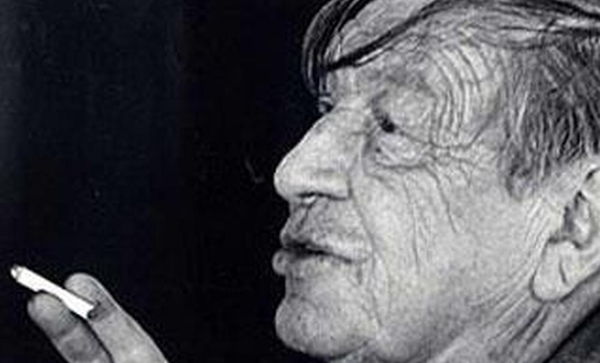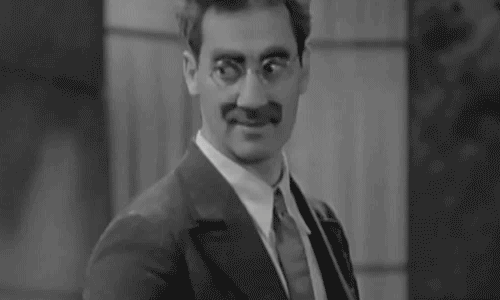
As sometimes happens to me in my solitary morning studies, my head is buzzing with ideas this morning. After reading a particularly eloquent section in George Steiner’s Antigones I find myself thinking anew about choral music.

The Greek Chorus in Sophocles and other Greek dramatists has always puzzled me a bit. The shifting identity and comments of a group of people (men) chanting together, commenting on what is happening in the play and furthering ideas in it, has come to resemble in my mind the power of choral music today. Steiner points out that they were most likely moving in dance and singing the words.

The idea that the group is the original actor in drama is a startling one in a time of such emphasis on individual personality. But when I think of the power of choral music that is well written and executed I think I get a glimmer of what is going on in the Greek Chorus.

I’ll spare you the pithy quotes from Steiner I have noted that eloquently illustrate this. If one thinks of the fragile and flawed experience of live music, sung or otherwise. The cough, the small noises that music is painted on. The sound of breathing, the player bending to his task and moving past his/her own imperfection to a “lucidity” (Steiner’s word here) that defies its own imperfection. If one remembers all this in the experience of music performed and heard, it’s easy to imagine how powerful the chorus must have struck its audience in the hot sun in the open arena of Greek performance.

Steiner also mentioned a poem by Auden on Freud. Freud died in 1939 exiled in Great Britain from his home in Germany. The war is raging. Auden writes his memorial to Freud with the background of many dying, “… those who were doing good,/ who knew it was never enough but/ hoped to improve a little by living./ such was this doctor….”

Freud keeps impinging on my thinking. I have been dipping into his essay, “Civilization and its Discontents.” Steiner alluded to this essay in my reading this morning. Plus, since I’m facing actually sitting down with a therapist next month it’s hard not to wonder how well people (therapists) understand Freud. Have they even read him? Surely, no shrink could avoid Freud’s shadow.

Anyway, I love Auden and he does not disappoint in this beautiful poem.

Steiner quotes the ending couplet which mentions Eros and Aphrodite. Steiner sees Eros especially as a life force that dominates Antigone and the struggle in the play between ideas of solitude and community, old and young, masculine and feminine…. it’s all there in Antigone.

Well, enough jokes.
